BSF must stop killing Bangladeshis

We condemn the killing of a Bangladeshi minor by the Indian Border Security Force (BSF) along the Kantivita border in the Baliadangi upazila of Thakurgaon. According to local sources, BSF personnel opened fire on a group of individuals early Monday as they attempted to enter India by cutting through a barbed-wire fence. In the shooting, 14-year-old Jayanta Kumar Singh was killed, while two others were injured. Just a week ago, another victim, 16-year-old Swarna Das, was similarly killed by the BSF. These incidents once again underscore India's failure to fulfil its promise to reduce border deaths to zero.
What's at stake here is not just the inalienable right to life of the people illegally crossing borders, many among them poor, unarmed villagers; these border incidents also exacerbate tensions between the two countries. As our foreign adviser has said, BSF border killings remain a significant obstacle to maintaining good relations between Bangladesh and India—which is crucial for both countries. While we seek improved relations, these killings continue to pose a major challenge. Even during what India referred to as the golden chapter of our bilateral relations, such incidents occurred regularly. According to Ain O Salish Kendra, between 2009 and 2022, 563 Bangladeshis were killed by BSF. In 2023 alone, 31 Bangladeshis were killed. Clearly, despite how India justifies its actions, very little has been done to bring border deaths down to zero.
The need for using non-lethal weapons at the Bangladesh-India border has been raised many times. On numerous occasions, both sides have committed to using non-lethal weapons to prevent deaths. However, the BSF has still resorted to lethal force repeatedly. We struggle to see how this benefits India. For example, how does the killing of a 14-year-old boy or a 16-year-old girl enhance its border security? These killings are only aggravating the people of Bangladesh, which in turn affects bilateral ties.
We hope the Indian government will take this matter with the seriousness that it deserves. It must recognise that such actions by the BSF do not reflect the behaviour of a friendly neighbour, which is how we have regarded India. Moreover, as a gesture of goodwill, India should honour Bangladesh's request to investigate all border killings, identify those responsible, and hold them accountable. Additionally, we urge the Indian government to take steps to ensure that such killings are brought to an end.


 For all latest news, follow The Daily Star's Google News channel.
For all latest news, follow The Daily Star's Google News channel. 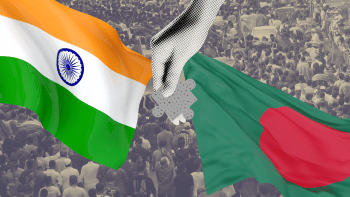
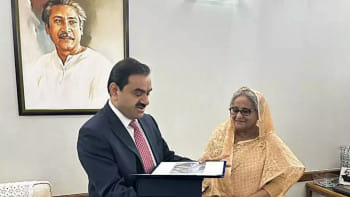


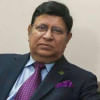

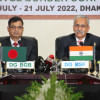
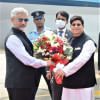



Comments